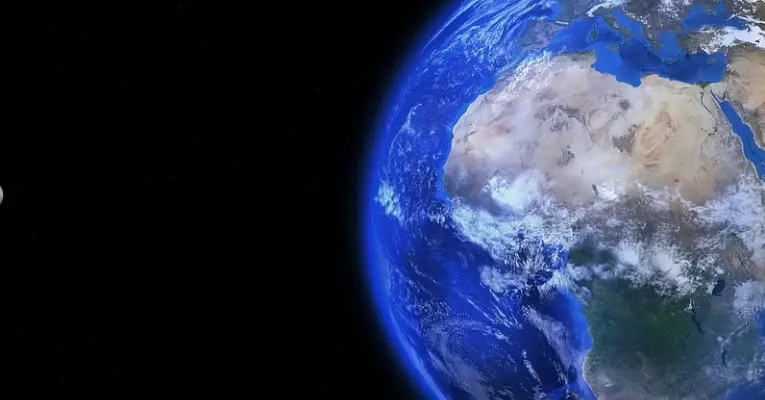Animals
Earth May Take 10 Million Years to Recover From Human-Caused Mass Extinction

About sixty-six million years ago, an asteroid slammed into the Earth off the coast of Mexico’s Yucatan Peninsula, causing a huge tsunami and kicking up a massive amount of fine, vaporized debris into the atmosphere.
The event rendered nearly 80 percent of all life on earth extinct, wiping out the last of the non-avian dinosaurs. Plankton–the base of the marine food chain–was dramatically reduced, while shark diversity reeled in the aftermath. Vegetation was destroyed and global ecosystems were generally devastated. Over half of the earth’s species completely vanished from the Earth, never to appear again, during the Cretaceous-Paleogene mass extinction.
According to a new study published in Nature Ecology and Evolution, the event led to such a massive loss in biodiversity that about 10 million years of evolution were required for a full recovery.
These findings spell out a gloomy warning for the Earth during the modern epoch, dubbed the Anthropocene–a combination of the Greek word anthropos (human) and kainos (new)–which has entailed the first wholly man-made geological period in planetary history, a period rife with mass extinctions of both plant and animal species.
Scientists expect that it will take a similarly long period of time, extending into millions of years, for the planet to recover from the devastation caused by human activities.
The authors warned:
“Humanity is undeniably causing elevated rates of biodiversity loss through climate change, habitat destruction, invasive species introduction, and so on.”
Researchers studied fossil records from the last mass extinction to determine the precise level of biodiversity loss, focusing primarily on tiny single-celled plankton called foraminifera. After comparing the different species of foraminifera that existed 20 million years before Cretaceous mass extinction to those that existed in the recovery period, the scientists were able to determine the approximate duration of time it took for species diversity to recover.
The asteroid strike that wiped out the dinosaurs and other species was the quickest, most violent mass extinction event the world had ever experienced.
Andrew Fraass, an author of the study and paleobiologist from the University of Bristol, said:
“That’s the one thing that basically happens faster than modern climate change, because it happens in one day, and then chunks of North America catch on fire and all this death and destruction happens.”
Yet Fraass is noncommittal when looking at the current era and determining whether we are amid a mass extinction event or merely on the precipice of one–primarily because the lack of data makes it hard to determine how past species fared in previous eras. Thus it remains difficult to calculate how long biodiversity could take to recover in the future.
Fraass noted:
“We think that we’re approaching a mass extinction driven by us from habitat loss and from a multitude of factors, including climate change … This work, and the work it’s based on, basically suggests that it’s going to take on the scale of millions of years for the biosphere to recover.”
What remains certain is that insect numbers are plummeting, threatening about 40 percent of all insect species with extinction. And according to some estimates, the Earth is losing anywhere from 1,000 to 10,000 times the species than the natural “background” rate, with up to dozens of species meeting their final demise each day. In as few as 50 years, habitat loss could render around 1,700 species extinct due to habitat loss.
And as the Earth’s temperatures continue to rise and animals’ habitats continue to be paved over, chopped down, drilled, polluted, and otherwise “developed,” humanity is quickly rendering Earth less diverse in a manner that could essentially last forever–at least as far as humans are concerned.
Typos, corrections and/or news tips? Email us at Contact@TheMindUnleashed.com
